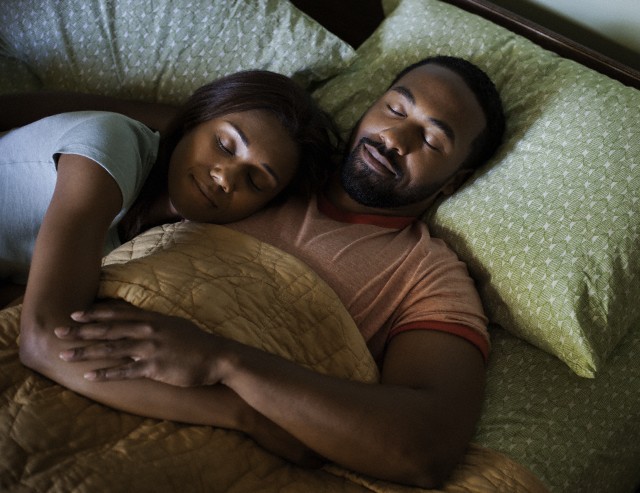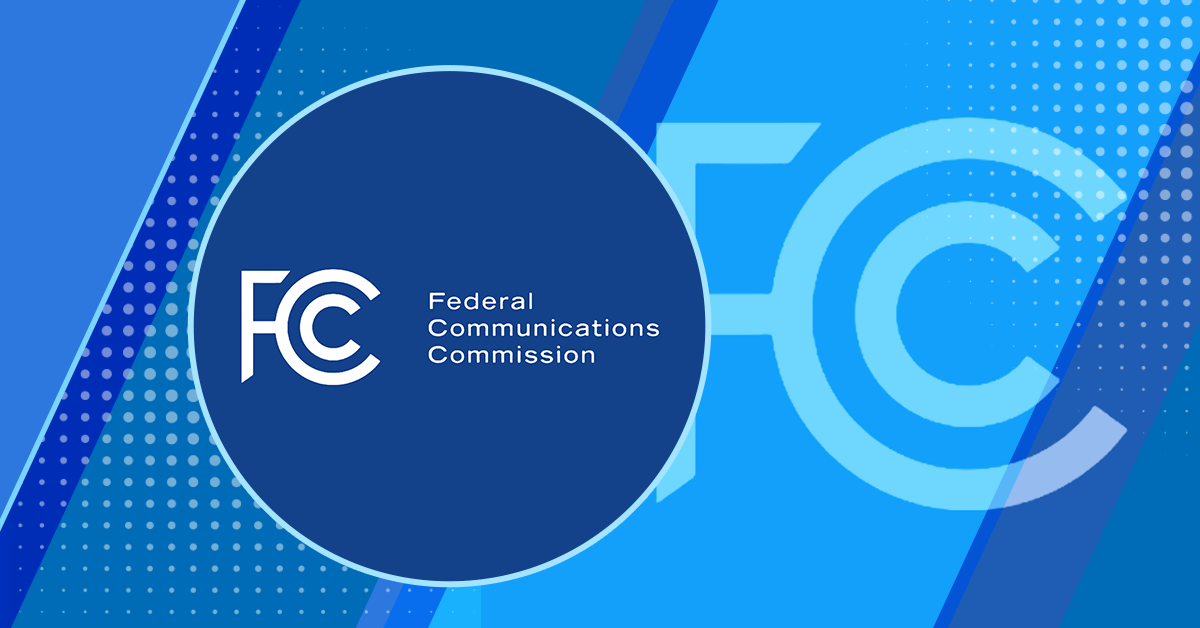(ThyBlackMan.com) Discover how LDN promotes better sleep and helps you feel well-rested.
Here’s a Glimpse at What We’ll Be Going Over in This Post:
- What is LDN?
- How can LDN help you sleep better?
- Can LDN ever trigger sleep issues?
- Some other helpful tips for getting better sleep.
What is LDN?
The oral drug, Low Dose Naltrexone (LDN) works alongside the immune and endorphin systems to deliver a wide array of therapeutic effects. LDN is theorized to reduce the body’s inflammation markers, which can combat fatigue and chronic pain. LDN comes with very few side effects.
How can LDN help you sleep better?
Common starting doses for Low Dose Naltrexone typically fall between 0.5-9mg, with 4.5mg standing out as the most commonly preferred dose. At low doses like these, LDN simply blocks the opioid receptors for a few hours. This causes a rebound effect due to which endorphin and other endogenous opioids (like Met-enkaphalin) production gets elevated, and many users report reduced pain, inflammation, and an improved overall sense of wellbeing. LDN also reduces inflammation in the brain by blocking TLR4 and directly impacting glial cell inflammation.
A number of patients then report that they are able to sleep much better once their body is no longer busy with managing fatigue, pain, irritability, and other unpleasant symptoms that can wreak havoc on sleep quality.

It is also suggested that this drop in inflammation levels can assist in rebalancing essential neurotransmitters (such as GABA, Serotonin, and Dopamine) in the brain (2).
Another reason behind LDN’s positive sleep properties is that it can significantly reduce cortisol levels in the body, encouraging sound sleep. High cortisol counts can heavily disrupt sleep, which can be improved by using LDN.
Adjunct Clinical Assistant Professor for the Department of Psychiatry and Behavioral Sciences at the Albert Einstein College of Medicine, Dr. Wilfrid N. Raby, recalled his experience with LDN “to modulate sleep, because you are abolishing that cortisol surge in the evening, which is what sustains the sympathetic activity and contributes to the delay in falling asleep.” He added, “LDN is short-acting, causing a rebound surge of cortisol in the morning that contributes to alertness during the daytime, but there is also improved sleep at night.”
Can LDN ever trigger sleep issues?
It is a well established notion that sleep disturbances are one of the most common and prominent side effects of LDN usage. However, these are generally mild for many patients and typically subside with continued LDN usage. Dr. Sajad Zalzala, also recalls that there are even some patients who actually reported that they now enjoy improved sleep after using LDN.
Switching to a daytime LDN dose may be helpful for those rare cases where serious sleep disturbances emerge. More helpful tips and information about dealing with LDN’s side effects can be found on AgelessRx.com.
Here are some other helpful tips for helping you sleep better.
LDN aside, there are some other factors you can maneuver to enjoy more fulfilling sleep. We’ve outlined some of our top tips below:
- Do away with caffeine after midday. Caffeine inhibits the action of adenosine, which is vital for inducing sleep onset. Consider green tea and other herbal beverages as an evening drink, so that you can feel soothed and relaxed.
- Maintain a consistent sleep cycle throughout the week. Having a consistent sleep schedule helps reset and maintain your body’s biological clock, also known as the Circadian Rhythm.
- Make use of blue light filtering glasses (during the daytime as well). Reducing your exposure to blue light can help reduce eye strain and can inhibit stimulation, which makes falling asleep easier. Blue light triggers higher activity in the brain and blocks melatonin production, while warmer ones can help induce a more relaxing effect.
- Aim for at least 30 minutes of daylight exposure each day. Getting adequate daylight can help rebalance your Circadian Rhythm, which makes it easier to fall asleep at night.
- Put distance between your bed and electronic devices. Put To minimize disturbances, activate flight mode on all your devices and put them out of your reach before sleeping. Make sure you don’t have your WiFi router nearby, as excessive EMF can trigger premature aging and puts stress on the body.
Staff Writer; Fred Jackson

















Leave a Reply